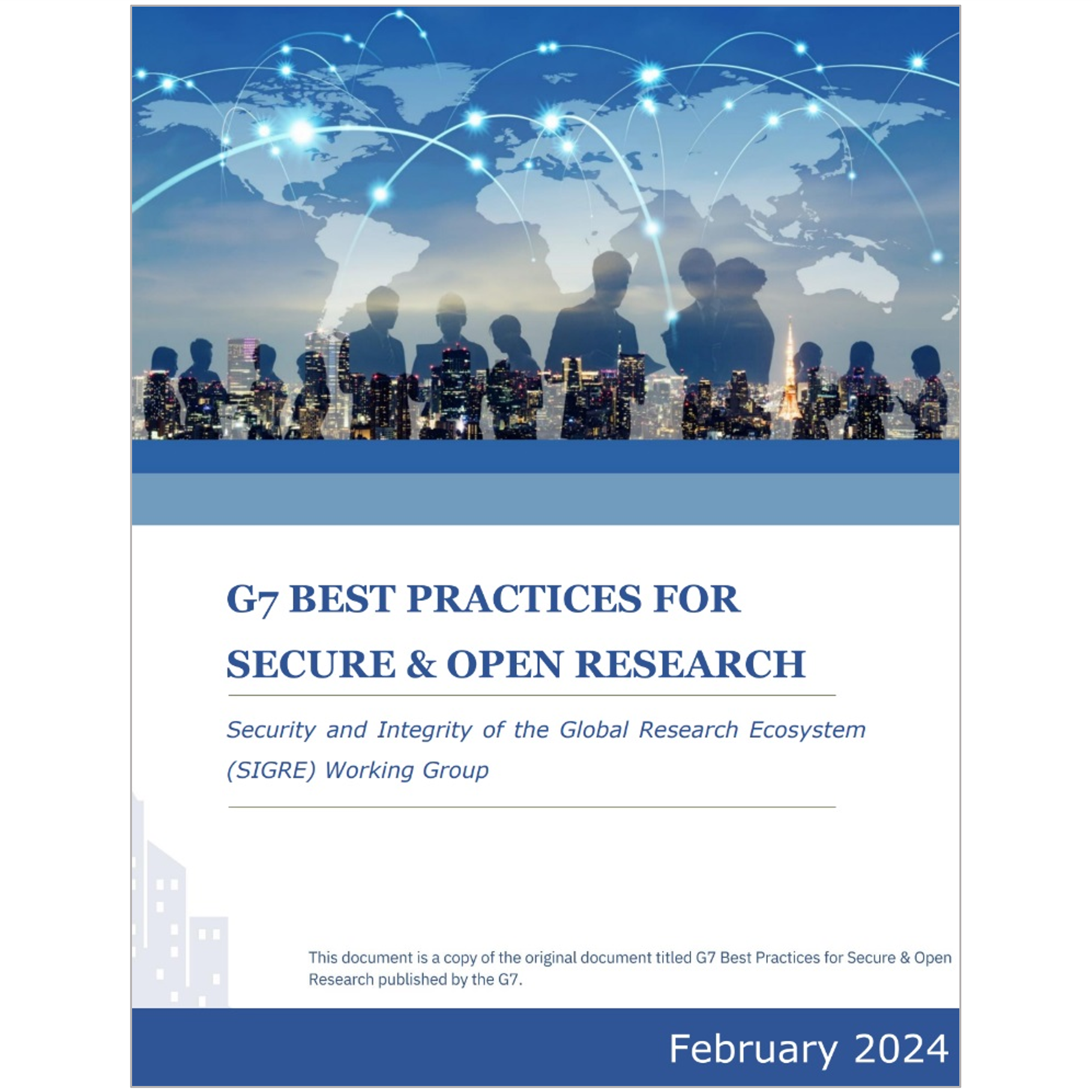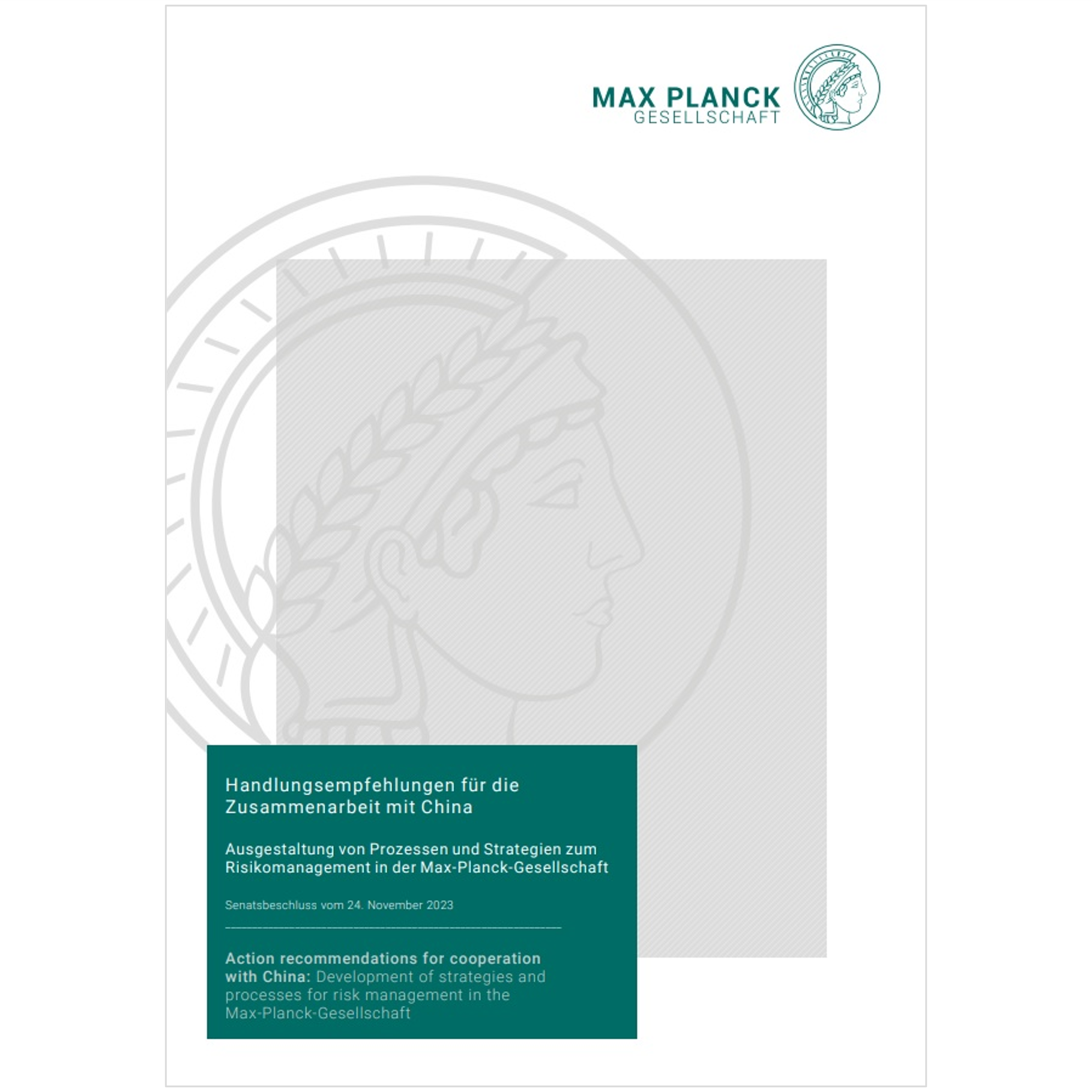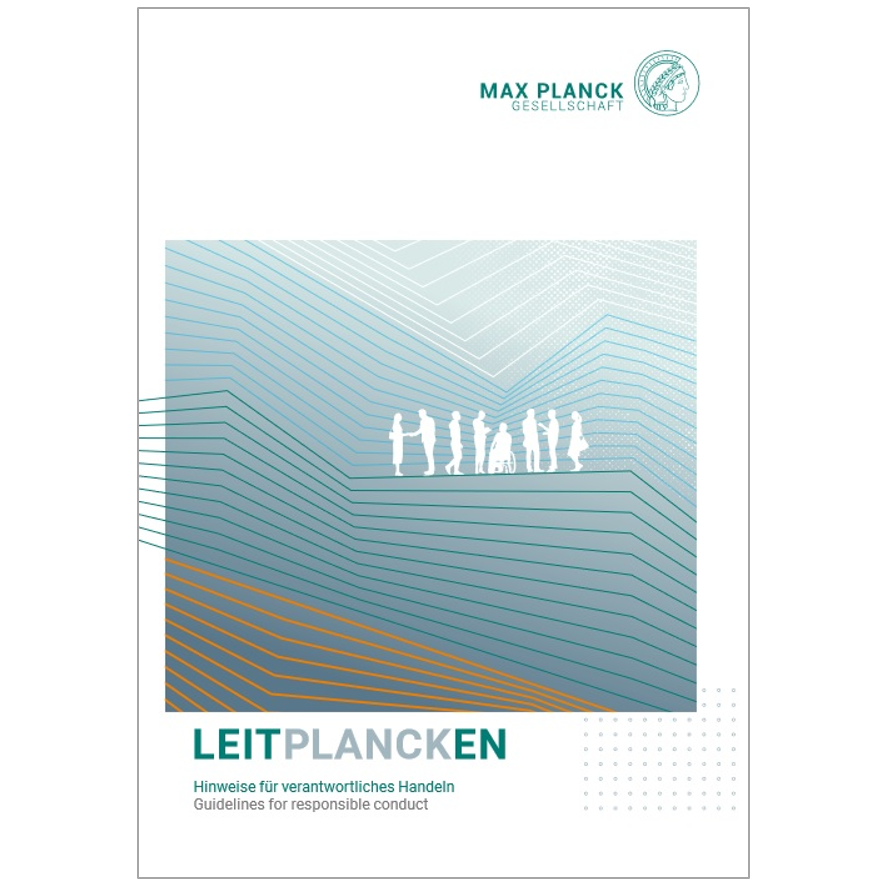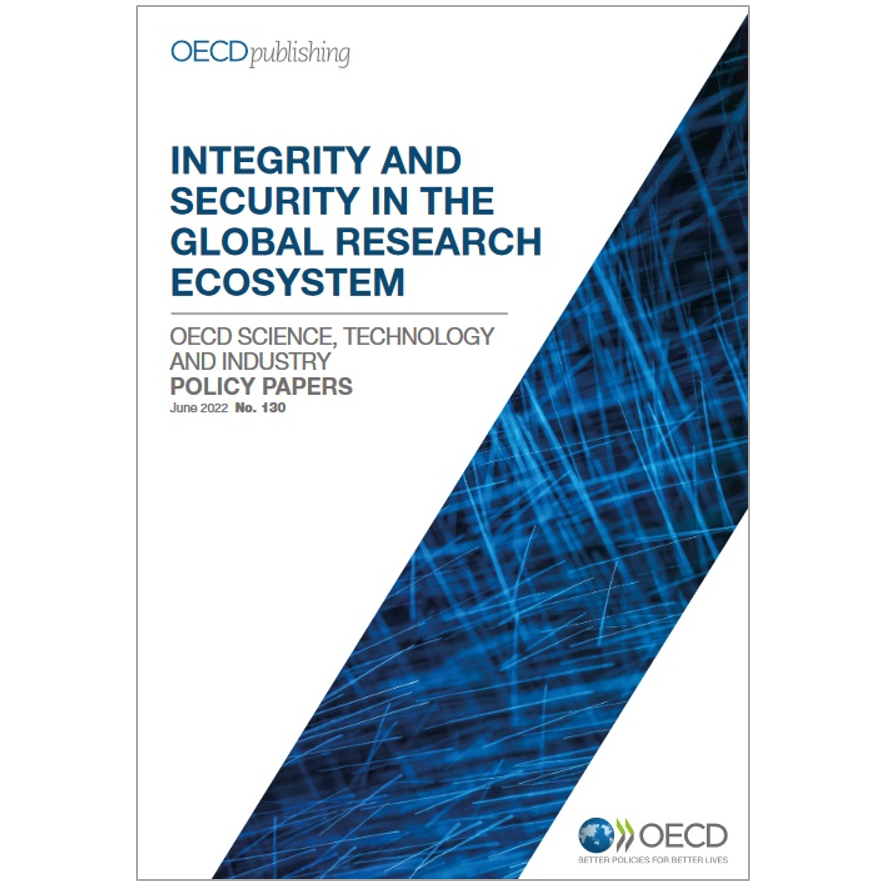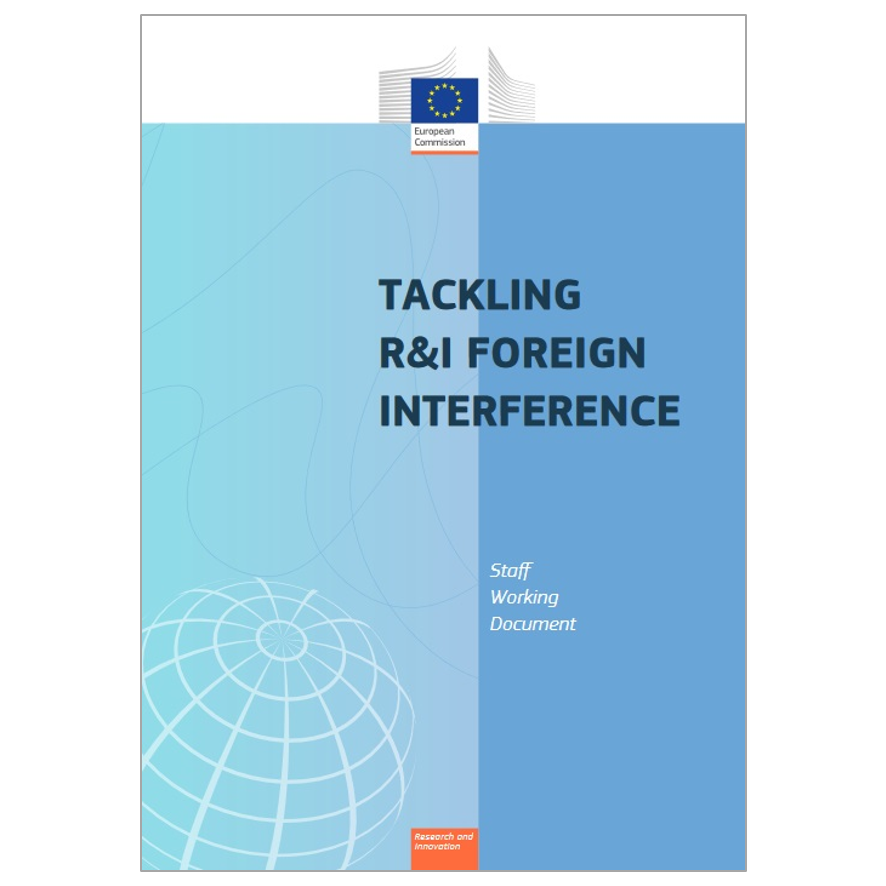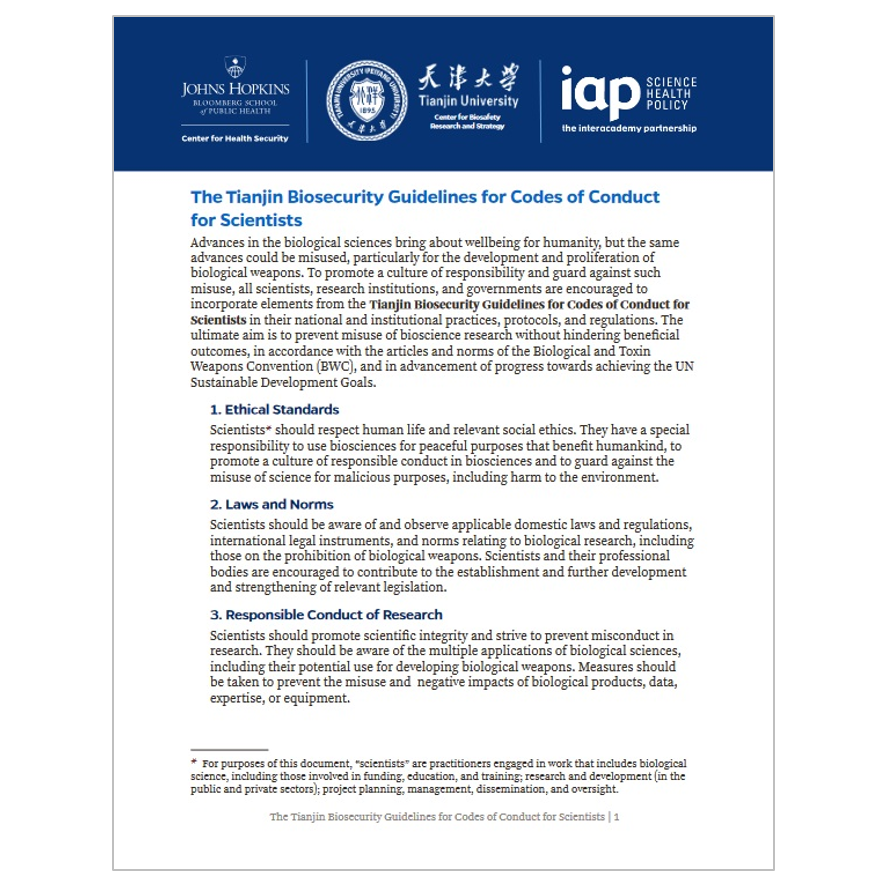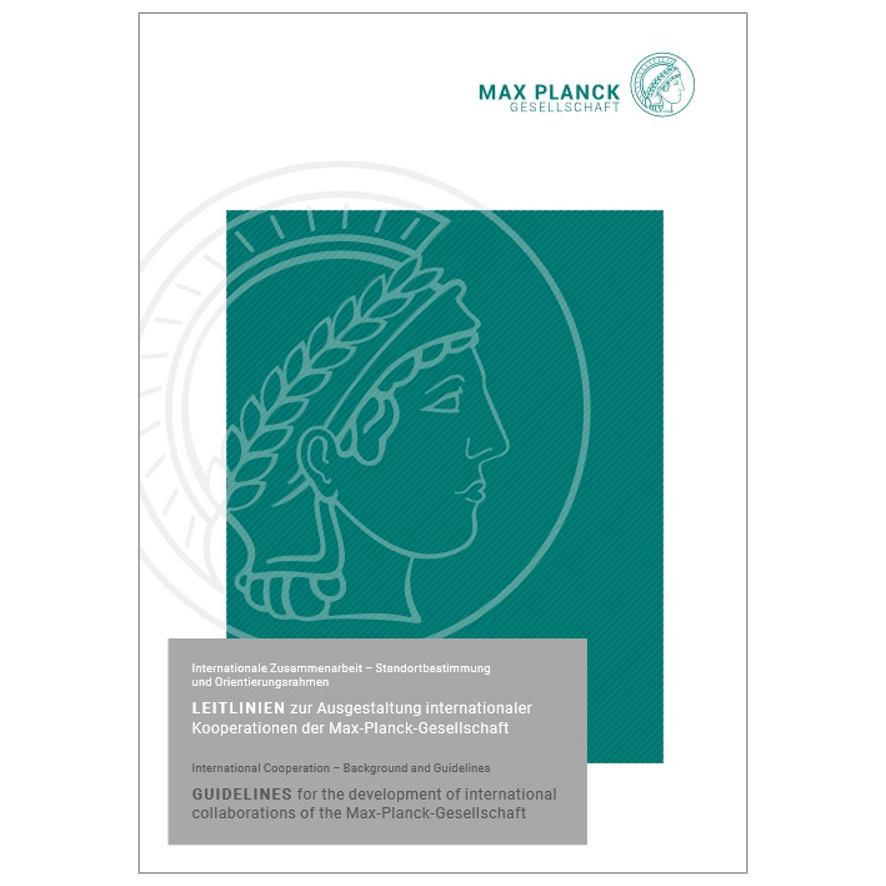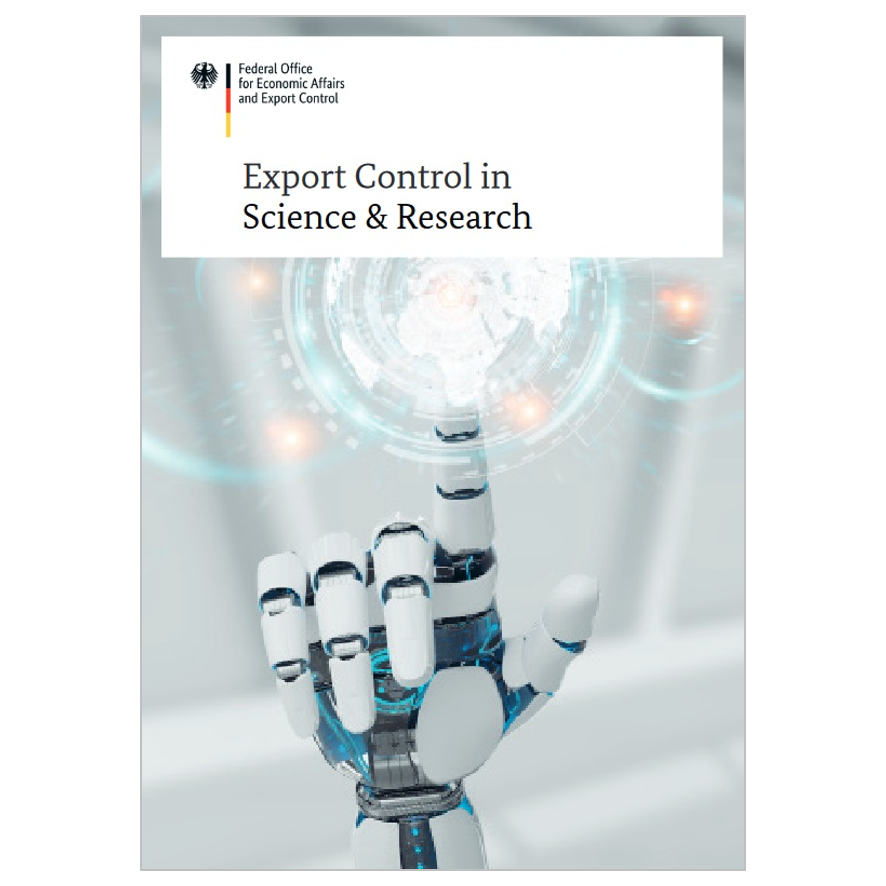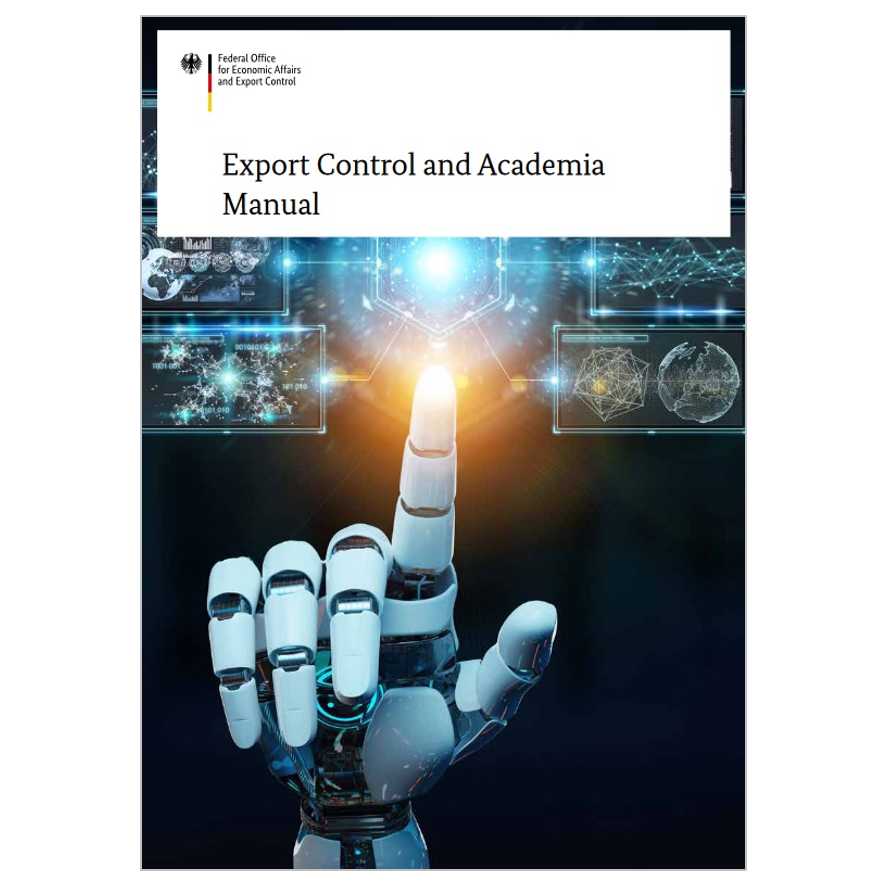Tags

-
Startseite
- /
- Research Collaborations
Publikationen
-
Risks in international research cooperation
Mehr lesen: Risks in international research cooperationGuidelines and position statements mention risks arising from international research cooperation. In this analysis, we attempt to decipher the complex challenges in global research partnerships and the intricate web of potential risks in international research. Tables in the appendix of the analysis provide a concrete working aid. Specific risk types, risk indicators and possible measures…
-
Report on Research, Innovation and Technological Performance in Germany
Mehr lesen: Report on Research, Innovation and Technological Performance in GermanyIn view of increasing global threats, the Commission of Experts recommends reevaluating the options for managing military R&D. Studies show that military R&D had positive effects on civilian R&D via spillovers and thereby also positively impacted productivity and employment in the civilian sector in addition to increasing performance in the military sector. To achieve this…
-
G7 Best Practices for Secure and Open Research
Mehr lesen: G7 Best Practices for Secure and Open ResearchOpen and collaborative research allows us to respond to some of the world’s most challenging issues. Research integrity acts as the base from which researchers are able to operate in our global research environment. To support research integrity, the above best practices are meant to help research communities establish and improve processes and efforts to…
-
National security guidelines for research partnerships
Mehr lesen: National security guidelines for research partnershipsThe National Security Guidelines for Research Partnerships integrates national security considerations into the development, evaluation, and funding of research partnerships. The Guidelines better position researchers, research organizations and Government funders to undertake consistent, risk-targeted due diligence of potential risks to research security.
-
Action recommendations for cooperation with China
Mehr lesen: Action recommendations for cooperation with ChinaFor almost 50 years, the Max-Planck-Gesellschaft (MPG) has maintained scientific exchange with the People’s Republic of China (hereinafter referred to as China). With the establishment of official relations withthe Chinese Academy of Sciences (CAS) in 1974, the MPG assumed a pioneering role in the German sciencesystem, has since maintained successful cooperation with many Chinese researchers…
-
Recommendations from the DFG: Dealing with Risks in International Research Cooperation
Mehr lesen: Recommendations from the DFG: Dealing with Risks in International Research CooperationThe potential risks involved in international research cooperation projects funded by the Deutsche Forschungsgemeinschaft (DFG, German Research Foundation) shall henceforth be subjected to a more thorough and systematic reflection. To this end, the largest research funding organisation and central self-governing organisation for science and the humanities in Germany has put forward recommendations that have recently…
-
How National Governments and Research Institutions Safeguard Knowlegde Development in Science and Technology
Mehr lesen: How National Governments and Research Institutions Safeguard Knowlegde Development in Science and TechnologyThe study provides an overview and comparative analysis of nine national approaches to strengthening knowledge security and the forces that drive them. The national approaches are those of Australia, Czech Republic, Finland, France, Germany, Japan, Taiwan, the United Kingdom and the United States. They all have developed different approaches, depending on the national political context,…
-
LEITPLANCKEN – Guidelines for responsible conduct
Mehr lesen: LEITPLANCKEN – Guidelines for responsible conductFor the Max Planck Society responsible and compliant behaviour is a key basic requirement. It is essential for all employees – both in science and in the science support area – to observe the laws and internal regulations. Responsible behaviour must be based on the structures of our organization, a balanced system which links governance…
-
Annotated collection of guidance for secure and successful international R&I cooperation
Mehr lesen: Annotated collection of guidance for secure and successful international R&I cooperationAn annotated collection of guidelines, checklists and comparable documents is intended as a reference to help stakeholders in research and innovation to safeguard international cooperation.
-
G7 Common Values and Principles on Research Security and Research Integrity
Mehr lesen: G7 Common Values and Principles on Research Security and Research IntegrityThe G7 members envision the continuation of a collaborative research system where the importance of all talent – domestic and international – is acknowledged. Openness and security are not contradictory but complementary and mutually reinforcing. To sustain this vision, we have developed and are embracing these principles of research security, which are common to the…
-
Integrity and security in the global research ecosystem
Mehr lesen: Integrity and security in the global research ecosystemResponsibilities for research integrity and security are distributed across multiple actors in the international research ecosystem. These include, national governments, research funding agencies, research institutions, universities, academic associations, and intergovernmental organisations. This report describes policy initiatives and actions from these different actors to safeguard national and economic security whilst protecting freedom of enquiry, promoting international…
-
Tackling R&I foreign interference: Staff working document
Mehr lesen: Tackling R&I foreign interference: Staff working documentThis publication presents the Staff Working Document on tackling R&I foreign interference. Foreign interference occurs when activities are carried out by, or on behalf of, a foreign state-level actor, which are coercive, covert, deceptive, or corrupting and are contrary to the sovereignty, values, and interests of the European Union (EU). EU Higher Education Institutions (HEIs)…
-
National knowledge security guidelines—Secure international collaboration
Mehr lesen: National knowledge security guidelines—Secure international collaborationWorld-class higher education and science cannot exist without internationalcooperation and scientific talent from all over the world. The leading positionand good academic reputation of Dutch knowledge institutions are related tothe academic freedom that is guaranteed in the Netherlands, as well as to theopenness of our knowledge institutions towards the world. Our prosperity is duein large…
-
The Tianjin Biosecurity Guidelines for Codes of Conduct for Scientists
Mehr lesen: The Tianjin Biosecurity Guidelines for Codes of Conduct for ScientistsAdvances in the biological sciences bring about wellbeing for humanity, but the same advances could be misused, particularly for the development and proliferation of biological weapons. To promote a culture of responsibility and guard against such misuse, all scientists, research institutions, and governments are encouraged to incorporate elements from the Tianjin Biosecurity Guidelines for Codes…
-
Guidelines for the development of international collaborations of the Max-Planck-Gesellschaft
Mehr lesen: Guidelines for the development of international collaborations of the Max-Planck-GesellschaftThe “Guidelines for the Development of International Cooperations of the Max Planck Society” serve to support scientists of the Max Planck Society in in balancing freedom of research, rule compliance and individual responsibility so that they are able to successfully carry out international collaborations even under uncertain or challenging conditions.
-
Checklist for Collaboration with Chinese Universities and Other Research Institutions
Mehr lesen: Checklist for Collaboration with Chinese Universities and Other Research InstitutionsThe Hague Centre for Strategic Studies (HCSS) has worked in close cooperation with the Leiden Asia Centre (LAC) on an extensive study mapping the risks and challenges of academic and research collaboration with Chinese partners. To this end, the LAC and HCSS conducted over 40 interviews with scientists and university staff in the Netherlands and…
-
Responsible internationalisation: Guidelines for reflection on international academic collaboration
Mehr lesen: Responsible internationalisation: Guidelines for reflection on international academic collaborationInternationalisation generally generates value for research and higher education. Overall, internationalisation of research aims to enhance quality and improvethe dissemination of results. Yet internationalisation needs to be pursued responsibly. Researchers, support services and HEI management need to assess the challengesand opportunities related to international collaboration. This need is particularlypertinent in cases of cooperation with partners…
-
Risky Business – Rethinking Research Cooperation and Exchange with Non-Democracies
Mehr lesen: Risky Business – Rethinking Research Cooperation and Exchange with Non-DemocraciesStrategies for Foundations, Universities, Civil Society Organizations, and Think Tanks.
-
The China Defence Universities Tracker: Exploring the military and security links of China’s universities
Mehr lesen: The China Defence Universities Tracker: Exploring the military and security links of China’s universitiesThe Chinese Communist Party (CCP) is building links between China’s civilian universities, military and security agencies. Those efforts, carried out under a policy of leveraging the civilian sector to maximise military power (known as ‘military–civil fusion’), have accelerated in the past decade. Research for the China Defence Universities Tracker has determined that greater numbers of…
-
Resisting Chinese Government Efforts to Undermine Academic Freedom Abroad – A Code of Conduct for Colleges, Universities, and Academic Institutions Worldwide
Mehr lesen: Resisting Chinese Government Efforts to Undermine Academic Freedom Abroad – A Code of Conduct for Colleges, Universities, and Academic Institutions WorldwideHuman Rights Watch investigations found that the Chinese government attempts to restrict academic freedom beyond its borders. To counter such pressures, ensure the integrity of academic institutions, and protect the academic freedom and free expression rights of students, scholars, and administrators, particularly those who work on China or are from China, Human Rights Watch proposes…
-
Export Control in Science & Research
Mehr lesen: Export Control in Science & ResearchThis publication is aimed at professors, scientists and scientific staff at universities and non-university research institutions as well as representatives of these organizations working in the field of “export control and research activities“. It deals, in particular, with the rights and obligations that apply in this area. While scientific freedom is enshrined in the Basic…
-
Export Control and Academia Manual
Mehr lesen: Export Control and Academia ManualThis Manual is primarily aimed at the academic and research sector, its representatives and employees as well as scientists as private individuals. The goal is to raise the awareness of universities and research institutions for the aims of export control and to support them in the application of foreign trade law. Restrictions under foreign trade…
-
Picking flowers, making honey: The Chinese military’s collaboration with foreign universities
Mehr lesen: Picking flowers, making honey: The Chinese military’s collaboration with foreign universitiesChina’s People’s Liberation Army’s (PLA) collaboration with foreign universities is growing and the expansion of international ties remains one of the priorities of the PLA National University of Defense Technology (NUDT). The developments outlined in this report warrant more attention and different approaches from those currently employed by most governments and universities. Responses to PLA…



